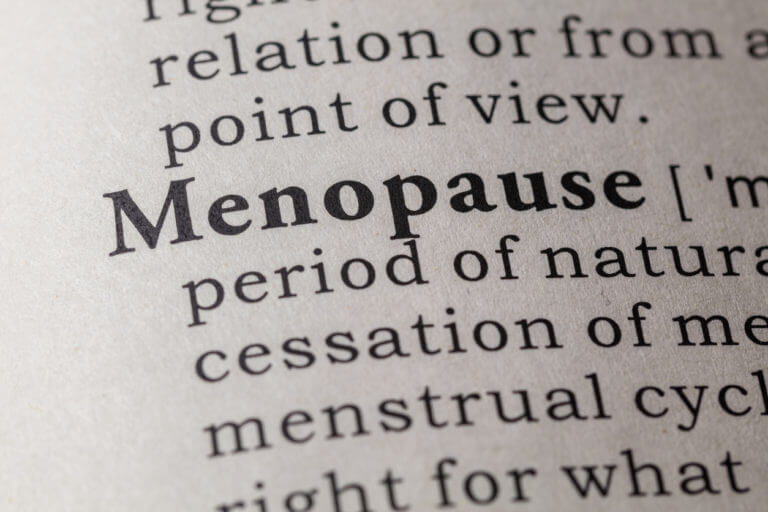
While you cannot technically get pregnant, women going through menopause could still be at risk for sexually transmitted diseases and other issues, just as earlier in life. Women affected by menopause should still get regular pelvic and breast exams by their gynecologist each year – this includes a pap smear.
If your period starts to become irregular, keep in mind that that is normal. You should, however, talk to your gynecologist if you have spotting or bleeding well after your periods have ended, as this could be a sign of another underlying health condition.
As the hormones in your body start to decrease, you might notice that your vaginal walls will become drier, as well. While the changes might not be significant, this can make sex more uncomfortable than it once was, or even downright painful. While lubrication and foreplay are a few of the easy fixes to this problem, you might want to consult with your doctor. Your gynecologist might help you figure out the cause of this pain and how they can recommend alleviating said pain to make your sex life more enjoyable.
The changes in your body brought on by menopause can also make bladder control more difficult. After nearly 40 years of your body working hard to reproduce, release an egg and shed the inner lining of your uterus every month, your muscles down below start to significantly weaken. This means your bladder and your urethra become more vulnerable. Your gynecologist may be able to assess your bladder control issues with exams like a bladder ultrasound or a urine stress test and decide the best course of treatment.
Don’t assume that any women’s health issue is normal without speaking to a doctor first. Speak with the experts at University OB/GYN in Syracuse, NY, and take control of your reproductive health. Call (315) 464-5162 today or request an appointment online.



